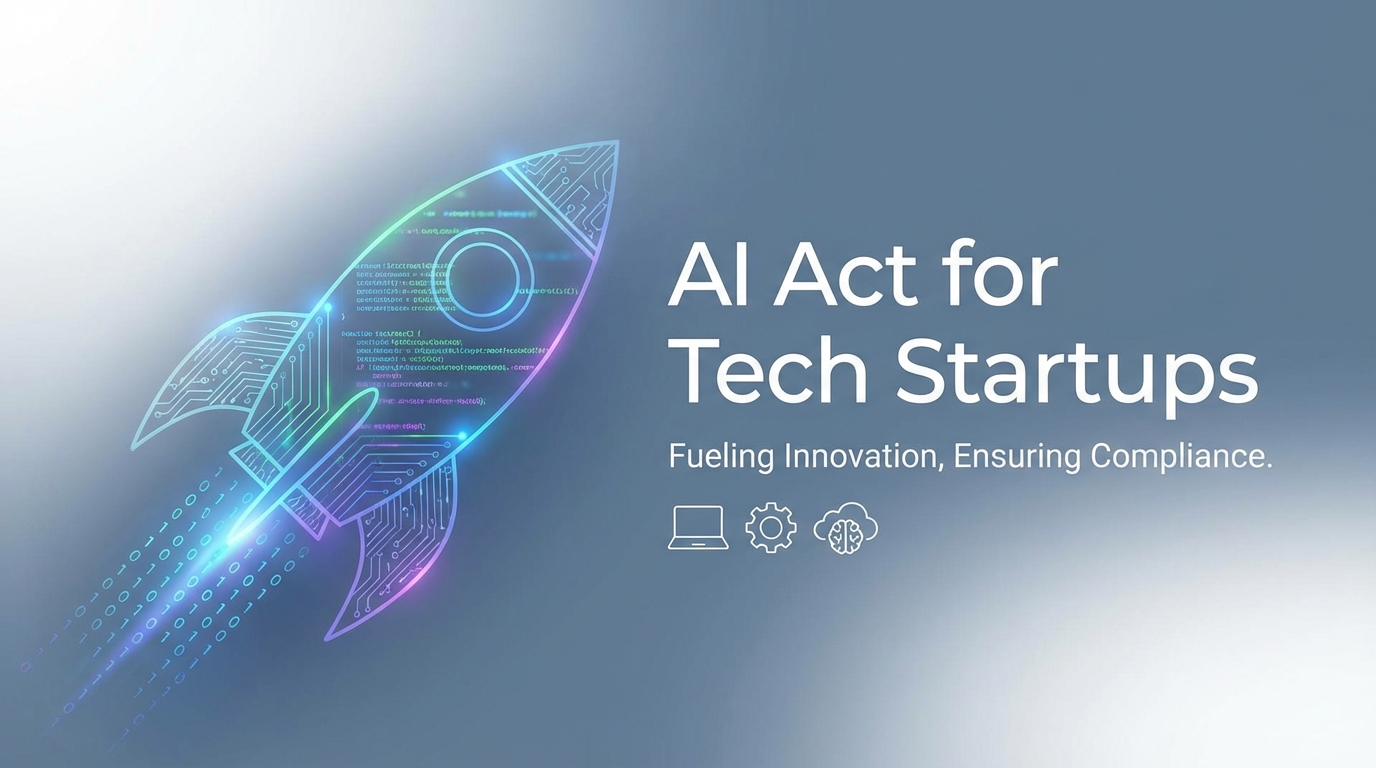Impact on Tech Startups
What Entrepreneurs Need to Know

The EU AI Act is more than just a regulatory hurdle—it's a landmark legislation that will shape the competitive landscape for tech startups globally. Founders must act now to adapt their business strategies.
The Level Playing Field
By ensuring all players adhere to the same ethical framework, the Act removes the "Wild West" advantage of unregulated competitors. This builds trust with consumers and makes it easier for responsible startups to scale.
Funding and Investment
Investors are increasingly scrutinizing AI startups through an ESG (Environmental, Social, and Governance) lens. Startups that prioritize compliance and ethical profiling are positioning themselves as lower-risk, higher-value targets for funding.
Survival Guide for Founders
- Early Classification: Identify if your AI system is high, limited, or minimal risk.
- Transparency by Design: Build systems that are explainable from day one.
- Diverse Data Sets: Actively mitigate bias during training to avoid future legal liabilities.